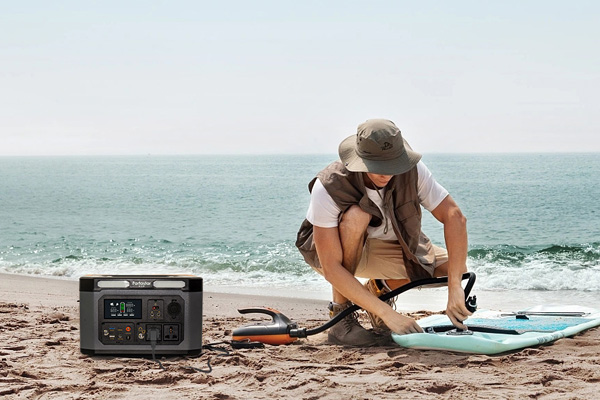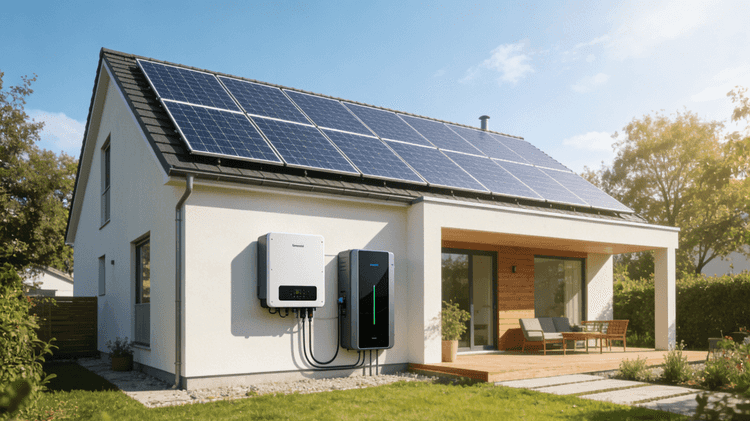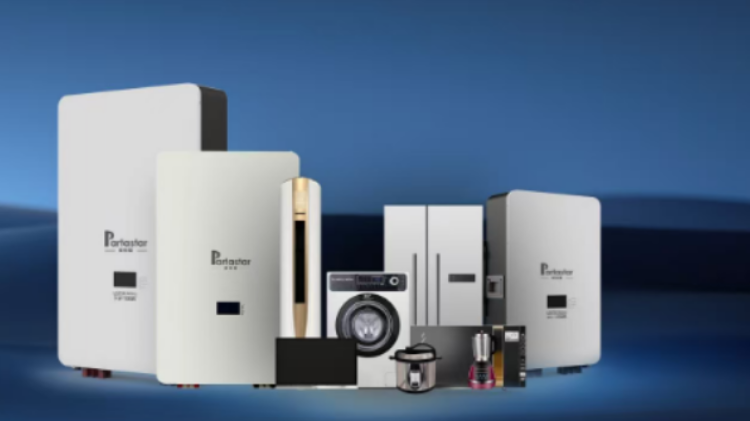Battery-powered generators have become increasingly popular as a source of backup power for homes, offices, and outdoor activities. However, one of the most common questions people have is how long a battery-powered generator will last. In this article, we'll discuss the factors that affect the lifespan of a battery-powered generator and provide some tips on how to extend its life.
Factors That Affect the Lifespan of a Battery-Powered Generator
1. Battery Chemistry
The type of battery used in a battery-powered generator is one of the most critical factors that affect its lifespan. Lithium-ion batteries are the most popular type of battery used in battery-powered generators due to their high energy density, long cycle life, and low self-discharge rate. Lithium-ion batteries can last for several years with proper use and maintenance.
2. Usage Pattern
The frequency of use and the duration of use are also critical factors that affect the lifespan of a battery-powered generator. If the generator is used frequently, it will wear out faster than if it's used sparingly. Similarly, if the generator is used for extended periods, it will wear out faster than if it's used for short periods.
3. Charging and Discharging Cycle
The charging and discharging cycle of a battery-powered generator also affects its lifespan. Each time the battery is charged and discharged, it undergoes a cycle. The number of cycles a battery can undergo before it begins to degrade depends on the battery chemistry and the quality of the battery.
4. Temperature and Humidity
Temperature and humidity also affect the lifespan of a battery-powered generator. High temperatures and humidity can cause the battery to degrade faster, reducing its lifespan.

5. Maintenance
Proper maintenance of a battery-powered generator is also essential for extending its lifespan. Regular maintenance, such as cleaning the generator and checking the battery for signs of wear and tear, can help prevent problems and prolong the life of the generator.
Tips for Extending the Lifespan of a Battery-Powered Generator
1. Store the Generator in a Cool and Dry Place
Storing the generator in a cool and dry place can help prevent the battery from degrading due to high temperatures and humidity.
2. Charge the Generator Regularly
Regularly charging the generator can help prevent the battery from losing its charge and prolong its lifespan.
3. Use the Generator Sparingly
Using the generator sparingly can help prolong its lifespan by reducing the number of charging and discharging cycles.
4. Follow the Manufacturer's Maintenance Instructions
Following the manufacturer's maintenance instructions can help prevent problems and prolong the life of the generator.
5. Replace the Battery When Necessary
If the battery begins to degrade and no longer holds a charge, it's essential to replace it promptly to prevent damage to the generator.
Conclusion
The lifespan of a battery-powered generator depends on several factors, including battery chemistry, usage pattern, charging and discharging cycle, temperature and humidity, and maintenance. By following the manufacturer's instructions and taking proper care of the generator, it's possible to extend its lifespan and ensure reliable backup power for years to come.



